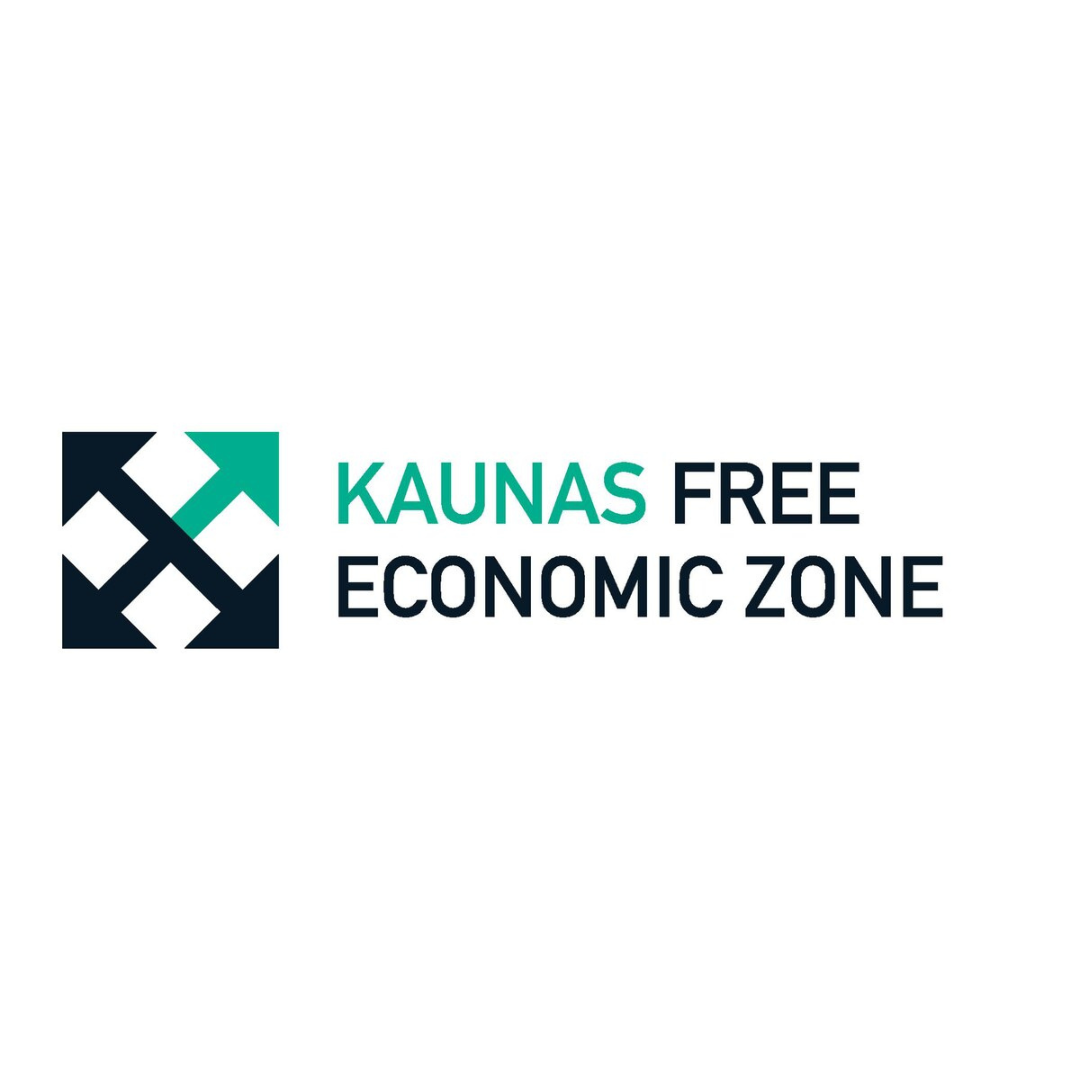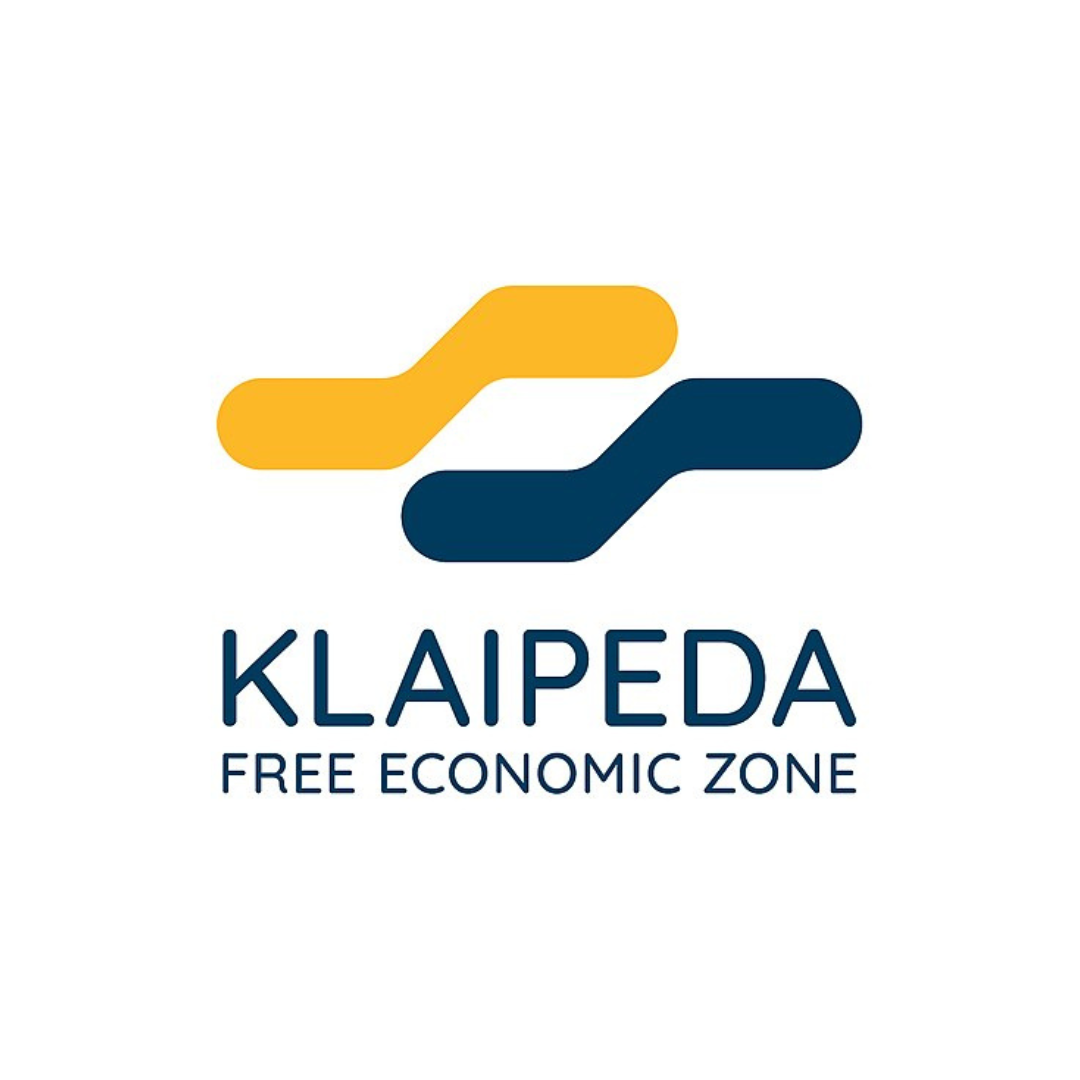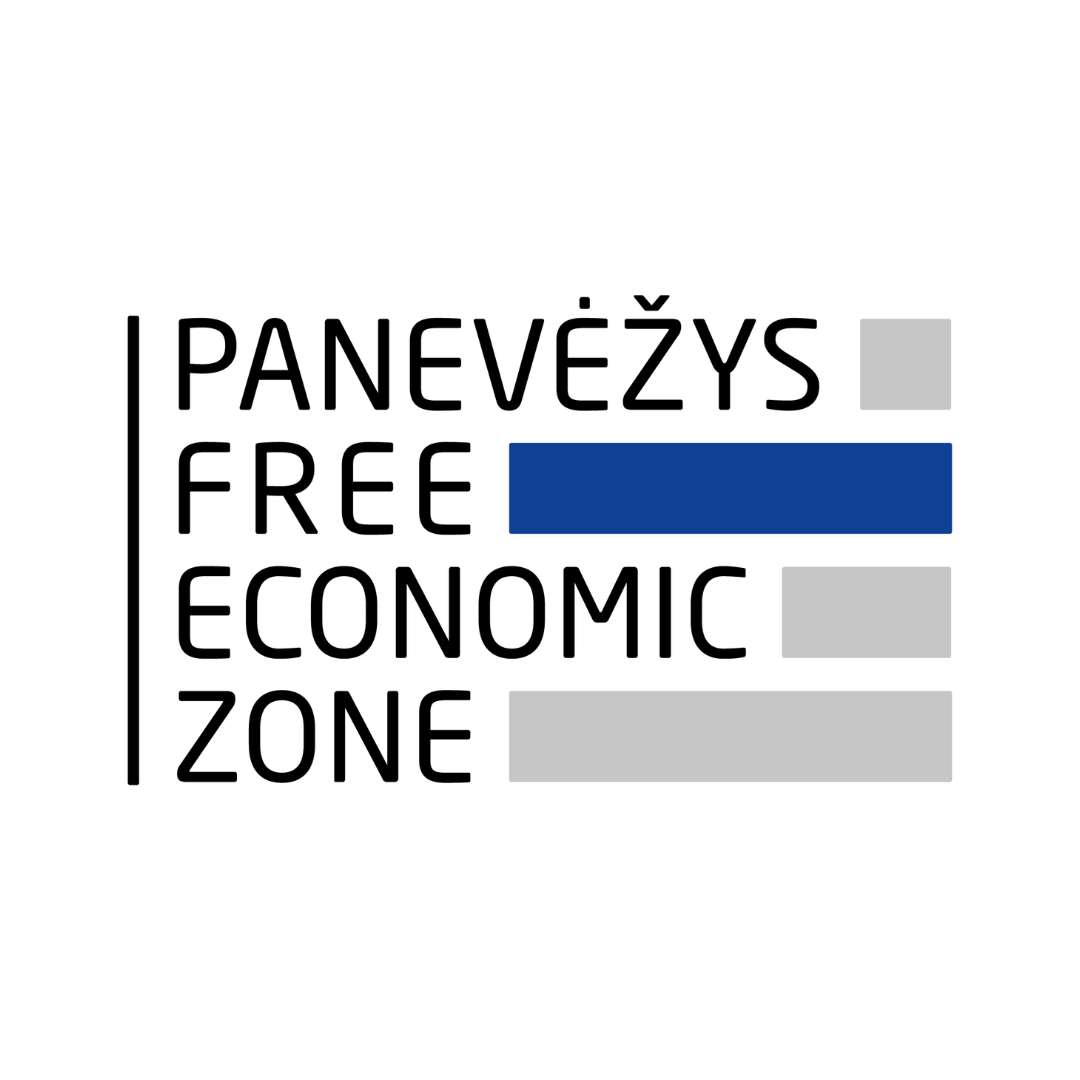General information
Lithuania. A country as ambitious as you are

Lithuania (lit. Lietuva), official name Lithuanian Republic (lit. Lietuvos Respublika) is a country located in Northern Europe. Member of the WTO since 2002, of the EU and NATO since 2004. It is a member of the Schengen zone.
The country has a system of continental (civil) law. The procedure of company registration is convenient and uncomplicated.
The national language is Lithuanian, but Russian and English are widely spoken.
The national currency is the euro (EUR) since 2015. There is no currency control in Lithuania.
There is a well-developed system of communication with state authorities via the Internet.
Taxation
The standard tax rate is 15%.
Micro-companies (employing up to 10 employees, whose annual income does not exceed 300 thousand euros, as well as meeting certain other requirements) pay tax at a reduced rate of 5%.
There are also tax exemptions of up to 50% of payable income taxes for companies that implement investment projects under certain conditions.
The standard tax rate is 21%. The 9% preferential rate applies, among other cases, to the supply of heat energy, cold and hot water supply services, sale of periodicals and passenger transportation services (transportation on regular routes). Starting from January 1, 2015, the 9% preferential VAT rate applies to hotel accommodation and lodging services.
In some cases, a preferential VAT rate of 5% is applied to the sale of medicines and medical equipment.
Among other transactions, the supply of goods outside the EU, as well as the supply of goods to other EU businesses that are registered as VAT payers, are exempt from VAT.
Registration as a VAT payer is voluntary, however, if the company's income exceeds 45,000 EUR, such registration is mandatory.
The standard tax rate is 15%.
As a general rule, dividends are subject to 15% tax. If a parent company receives dividends from its subsidiary in which it owns at least 10% of shares for 12 months, such dividends are exempt from taxation (the so-called “substantial participation exemption”). Also, dividends received from a foreign company registered in an EU member state are not taxable.
The standard rate is 15% and in case of disposal of shares/equity in a subsidiary in which the parent company has held at least 25% of the shares for at least two years, the tax rate is nil.
The standard tax rate is 10% (for an organization that is an EU resident and meets the requirements defined in the EU Interest and Copyright Directive, the rate is 0%; the rate is also reduced if payments are made to a country with which Lithuania has a double tax treaty).
The standard tax rate is 10% (if interest payments are made within the European Economic Area or sent to a country with which Lithuania has a double tax treaty, the tax rate may be 0%).
The tax rate varies between 0.01% and 4% of the market value of land. The exact rates of land tax are set by local authorities.
The tax rate varies between 0.3% and 3% of the market value of real estate. The exact rates are set by local authorities.
The employer's contribution rate is 30.98% of each employee's accrued wages.
The employer must also contribute 0.2% of accrued wages to the Guarantee Fund.
The contribution rate for health and social insurance for employees is 9% (deducted from the employee).
The ratio of debt to the company's share capital must not exceed a ratio of 4:1. The thin capitalization restrictions apply to interest paid to controlled persons. A creditor qualifies as a controlling person if it holds more than 50% of the shares in the company paying the interest. Interest on loans or other agreements, the amount of which exceeds the permitted debt to share capital ratio, is not deductible for tax purposes.
The profits of controlled companies located in countries or zones where the tax rate is less than 75% of the Lithuanian income tax rate (15%) are added to the taxable profits of the controlling Lithuanian company and taxed at the standard rate.
The country has transfer pricing rules, according to which the prices of controlled transactions between related parties must not differ from market prices, while the profit derived from controlled transactions must not differ from the profit derived from similar transactions with unrelated parties.
Mandatory preparation and filing of transfer pricing documents with the tax authorities is provided for companies whose annual turnover exceeds EUR 3 million.
As a general rule, loss carryforwards are not time-limited, but losses from the disposal of securities and derivative financial instruments may be carried forward for a period of 5 years.
Intra-group loss carryforwards are permitted if certain rules are met. The amount of losses carried forward may not exceed 70% of the company's profit earned during the tax period. This restriction does not apply to legal entities that are entitled to preferential income taxation at the rate of 5%.
The reporting period is a calendar year (January 1 through December 31).
Mandatory audit for joint stock companies is provided for if:
- the turnover for the financial year under review has reached EUR 4 million;
- the value of the company's assets shown in the balance sheet reached EUR 1.8 million;
- the average number of employees during the financial year under review is 50.
Free economic zones (FEZ) and industrial parks
There are several FEZs and one industrial park in Lithuania. The most developed of them are considered to be the following:



Within the FEZ a company investing more than 1 mln EUR is exempted from paying profit tax for 6 years, and for the next 10 years it pays 50% of the accrued profit tax at the standard rate.
Also in FEZ foreign investors are exempted from paying tax on dividends, as well as from paying real estate tax.
FEZ enterprise cannot establish branches and representative offices outside FEZ, but it can be a founder or a subsidiary of an enterprise located outside FEZ.
FEZ enterprise has the right to use the mentioned privileges only in case if not less than 75% of the company's income for the financial period is the income received from specialized services provided by FEZ legislation, and the volume of investments made is confirmed by the auditor's conclusion.
As a rule, companies operating on FEZ territory have the right to carry out trade, production-export, entrepreneurial and banking activities. However, each FEZ has its own list of privileged activities. At the same time, companies are not allowed to engage in certain activities on the FEZ territory (for example, activities related to hazardous production, manufacturing of narcotic drugs, organization of gambling, etc.).